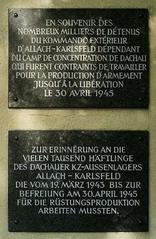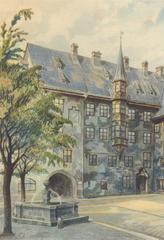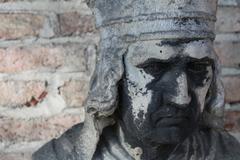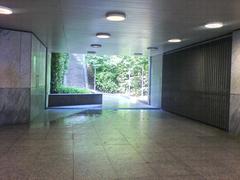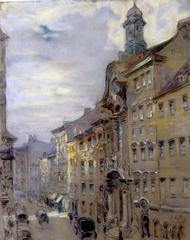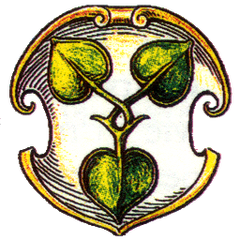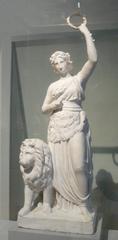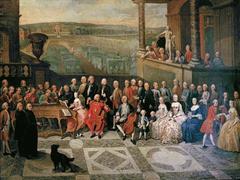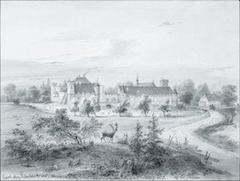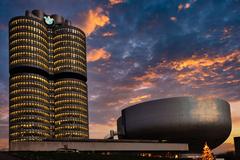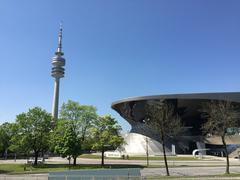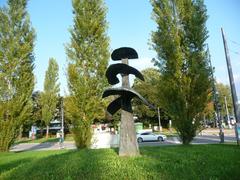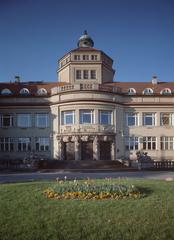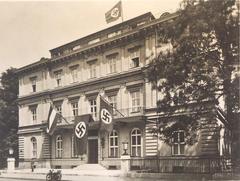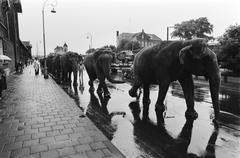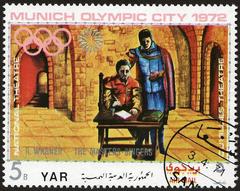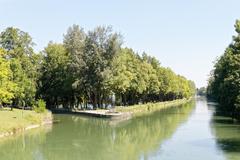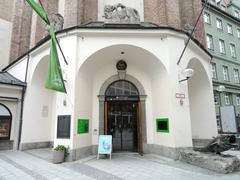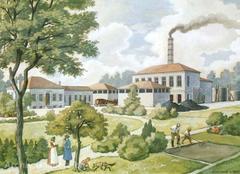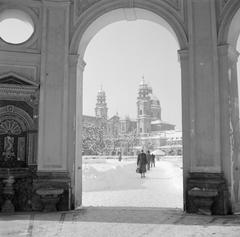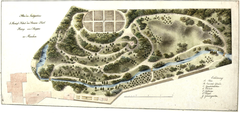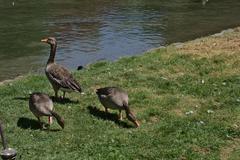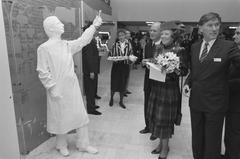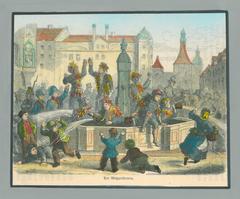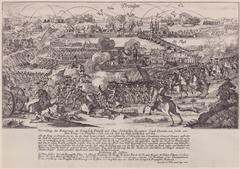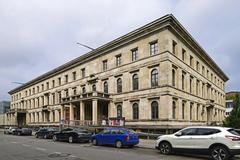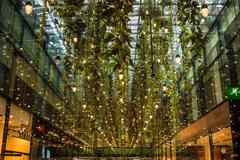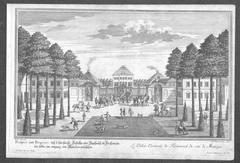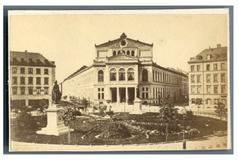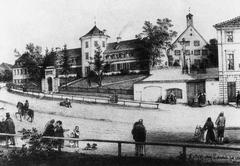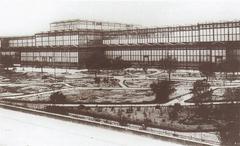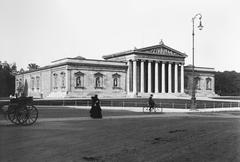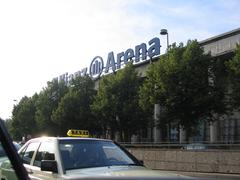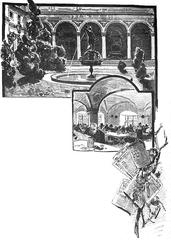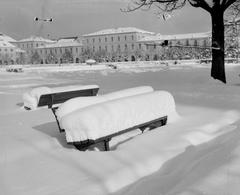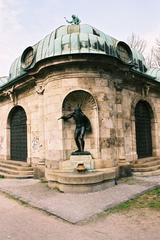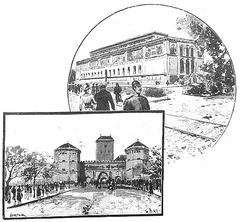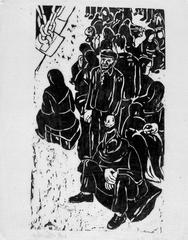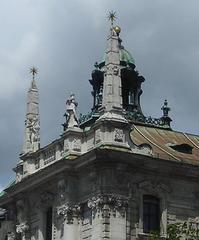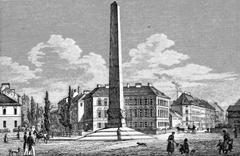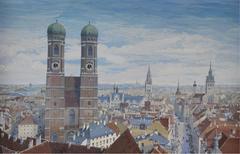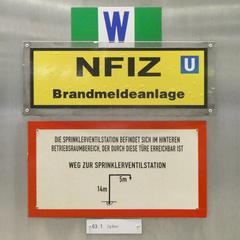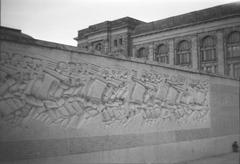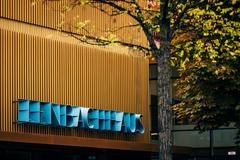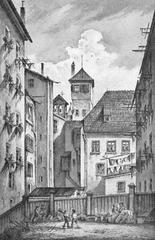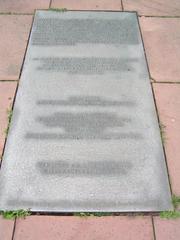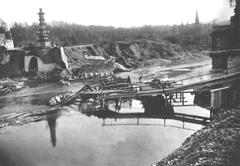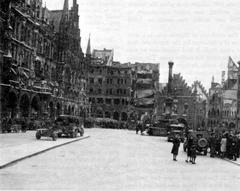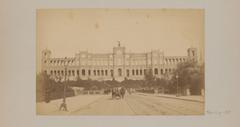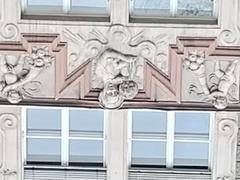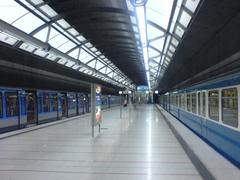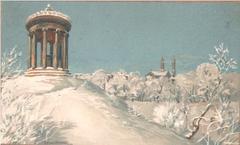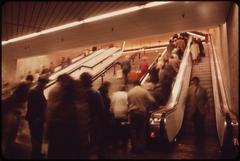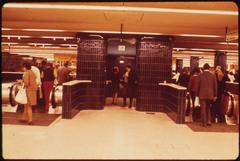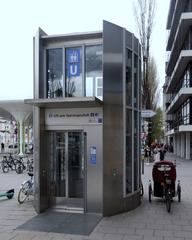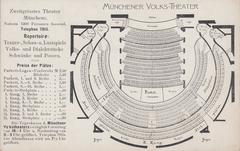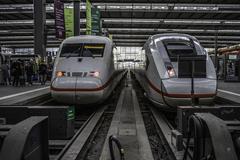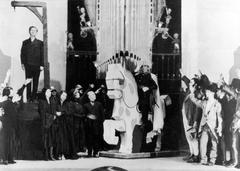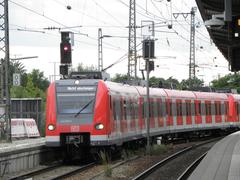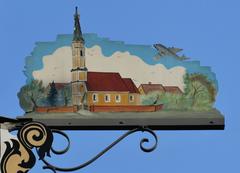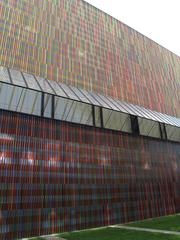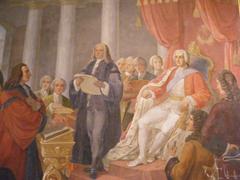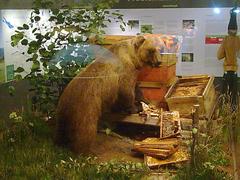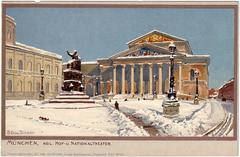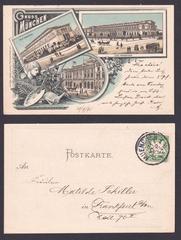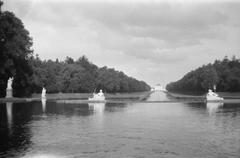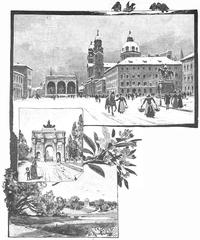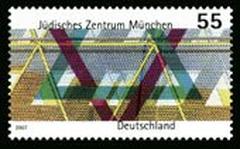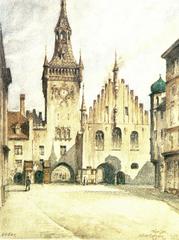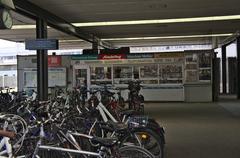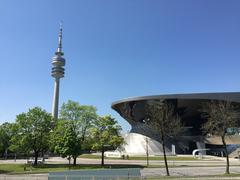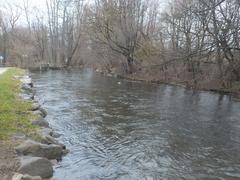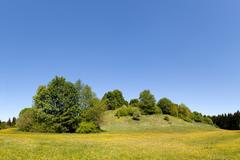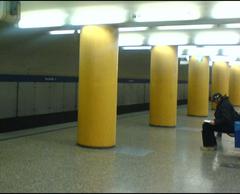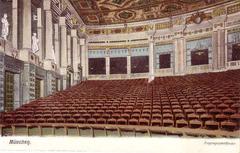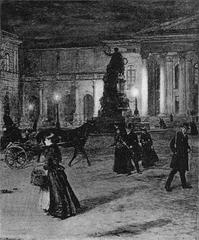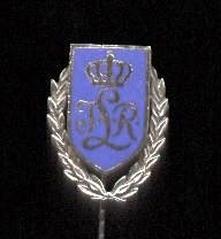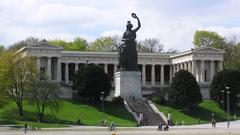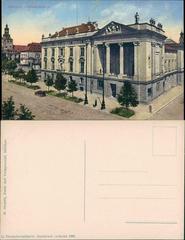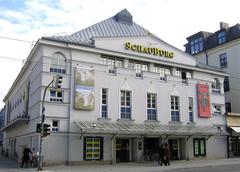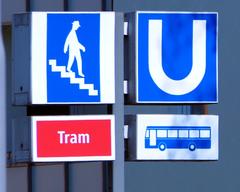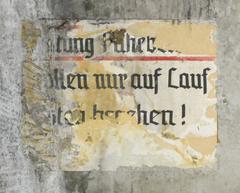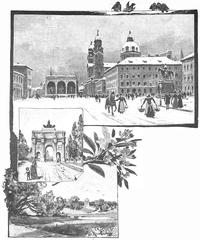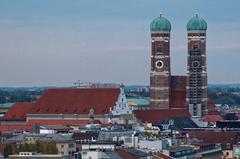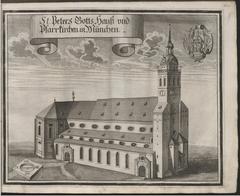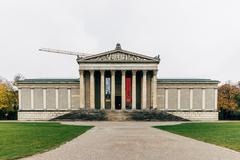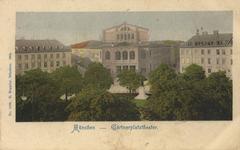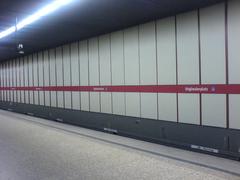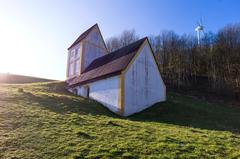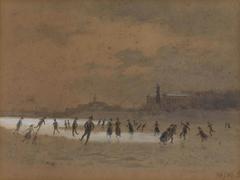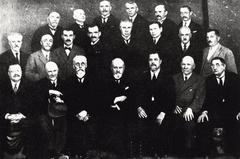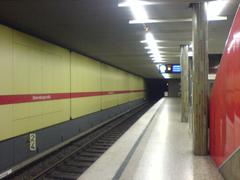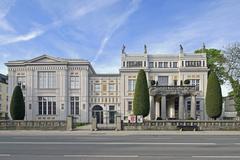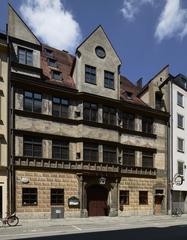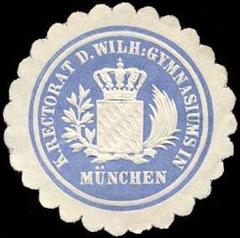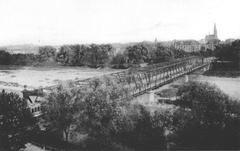Visiting Villenkolonie Pasing I: Munich Guide to Tickets, Hours, and Attractions
Date: 15/06/2025
Introduction
Villenkolonie Pasing I is one of Munich’s most remarkable and historically significant villa colonies, offering an immersive glimpse into the city’s late 19th-century suburban expansion and architectural innovation. Founded in 1892 by architect August Exter, the colony reflects the ideals of the Garden City movement: blending urban living with nature, individuality, and community. Today, this area stands as a protected historical ensemble, celebrated for its eclectic architecture, lush gardens, and vibrant local culture. This guide provides a comprehensive overview of Villenkolonie Pasing I, including its history, visitor information, architectural highlights, and practical tips for making the most of your visit (Munich City Urban Development; muenchenwiki.de; Munich Travel).
Table of Contents
- Historical Overview
- Visiting Information
- Exploring the Colony
- Frequently Asked Questions (FAQ)
- Conclusion and Recommendations
- Sources
Historical Overview
Origins and Urban Development
Villenkolonie Pasing I was established at the height of Munich’s Gründerzeit era, a period of rapid industrial and urban growth. August Exter, inspired by the English Garden City movement, envisioned an exclusive residential enclave west of the city center. The area’s development was catalyzed by the opening of the Munich-Augsburg railway in 1839, which boosted Pasing’s transformation from an independent village to a desirable suburb. Exter’s design prioritized wide, tree-lined streets, spacious plots, and innovative infrastructure, such as a dedicated canal system and water tower, ensuring both functionality and aesthetic appeal (Munich City Urban Development; Munich Travel).
Architectural Vision and Notable Buildings
Villenkolonie Pasing I’s architecture is a showcase of late Historicism, Art Nouveau (Jugendstil), and early Modernism. Exter encouraged individuality in villa design, resulting in a harmonious yet diverse streetscape. Notable buildings include:
- August-Exter-Straße: The central thoroughfare, home to many historically protected villas.
- Water Tower on Orthstraße: A pioneering infrastructure feature, emblematic of the colony’s self-sufficiency.
- Pasinger Fabrik: Once an industrial building, now a vibrant cultural center and starting point for guided tours.
- Historic Villas: Examples such as August-Exter-Straße 17 and Orthstraße 12 display intricate facades and garden integration, reflecting the garden city ideal (muenchenwiki.de; stattreisen-muenchen.de).
Socioeconomic and Cultural Significance
Initially, Villenkolonie Pasing I attracted affluent professionals, artists, and entrepreneurs seeking a healthier, more spacious environment. The area’s population diversified over time but retained its prestige and social vibrancy. The colony’s legacy as a hub for artists and intellectuals endures in community events and local arts initiatives. Since 1973, ensemble protection laws have safeguarded its unique character and historical value (Munich City Urban Development; sueddeutsche.de).
Visiting Information
Hours, Tickets, and Accessibility
Access: Villenkolonie Pasing I is a public residential district, open 24/7. There is no admission fee to explore the streets, gardens, and public spaces. Most architectural highlights can be appreciated from the outside, as villas are private homes.
Guided Tours: Local heritage organizations, including Stattreisen München and Kunst-Tour, offer guided walking tours covering the colony’s history and architecture. Tours typically last 1.5 hours and often start at the Pasinger Fabrik or August-Exter-Straße 1. Ticket prices range from €10–€20 per person, and advance booking is highly recommended (stattreisen-muenchen.de; Kunst-Tour).
Accessibility: The neighborhood is flat and pedestrian-friendly, with paved sidewalks and minimal traffic. Most streets are suitable for wheelchairs and strollers, though some older villas may not be accessible internally.
Getting There and Navigation
- By S-Bahn: From Munich Hauptbahnhof, take S3, S4, S6, or S8 to Munich-Pasing station (10–15 minutes).
- By Tram: Lines 19 and 29 serve the area.
- By Bike: About 30 minutes from Marienplatz or 20 minutes from LMU campus.
- On Foot: The area is compact, best explored walking along August-Exter-Straße, Orthstraße, and Offenbachstraße.
- Parking: Limited street parking is available; public transport is recommended.
Downloadable maps and self-guided route suggestions are available on local tourism websites (germany-streets.openalfa.com).
Local Life and Amenities
Pasing is a lively “city within a city,” featuring:
- Shops and Cafés: Especially along Gleichmannstraße and near Pasing station.
- Viktualienmarkt: Fresh produce and regional specialties on weekdays and Saturdays.
- Pasing Arcaden: Large shopping center with dining options (open 9:30–20:30, closed Sundays).
- Community Events: Flea markets, festivals, and neighborhood gatherings foster a welcoming atmosphere (munich.travel).
Exploring the Colony
Walking Tours and Events
- Self-Guided Walks: Explore the tree-lined avenues and admire architectural highlights independently. Interactive maps are available online.
- Guided Tours: Local experts provide historical and architectural context.
- Cultural Events: Pasinger Fabrik hosts exhibitions, performances, and workshops. Seasonal festivals and art events occur throughout the year (sueddeutsche.de; Abendzeitung München).
Parks and Green Spaces
- Pasinger Stadtpark: A 20-hectare green oasis along the Würm River, ideal for walking, jogging, and picnics.
- Honor-System Flower Fields: Visitors can pick fresh flowers and leave payment in honesty boxes.
- Westbad Complex: Indoor and outdoor pools, sauna, and family amenities (muenchen.de).
Visitor Etiquette and Tips
- Respect private property and residents’ privacy.
- Best times to visit are spring (for blooms) and autumn (for foliage).
- Wear comfortable shoes for walking; bring a camera for architectural photography.
- Check event calendars for festivals or open house days (munich.travel).
- Most shops and restaurants are closed on Sundays.
Frequently Asked Questions (FAQ)
Q: Is there an entrance fee to visit Villenkolonie Pasing I?
A: No, the neighborhood is open to the public free of charge.
Q: How can I book a guided tour?
A: Tours are offered by local providers such as Stattreisen München and Kunst-Tour; book online in advance.
Q: Are the streets wheelchair accessible?
A: Yes, most areas are flat and suitable for wheelchairs and strollers.
Q: Can I photograph the villas?
A: Yes, from public streets. Please respect residents’ privacy.
Q: What are the best months to visit?
A: Late spring through early autumn for gardens and events.
Q: How do I reach Villenkolonie Pasing I by public transport?
A: Take S-Bahn lines S3, S4, S6, or S8 to Pasing station; trams and buses also serve the area.
Conclusion and Recommendations
Villenkolonie Pasing I is a captivating testament to Munich’s architectural innovation and cultural history. Its harmonious blend of late Historicism, Jugendstil, and early Modernist villas within a thoughtfully planned green setting offers a peaceful yet vibrant retreat from the city center. The area’s accessibility, welcoming local life, and preservation efforts make it a must-visit for architecture enthusiasts, history buffs, and anyone seeking to experience Munich’s unique urban heritage.
To enrich your visit, consider joining a guided tour, attend a local event, or simply enjoy a leisurely walk among the tree-lined streets and gardens. For the latest updates, downloadable maps, and tour bookings, consult official tourism websites or download the Audiala app. Immerse yourself in the living history of Villenkolonie Pasing I and discover why it remains one of Munich’s most treasured neighborhoods.
Sources
- Munich City Urban Development
- Munich Travel Official Website
- muenchenwiki.de – Villenkolonie Pasing I
- stattreisen-muenchen.de – Guided Tours
- stadtgeschichte-muenchen.de – City History
- sueddeutsche.de – Cultural Highlights
- Kunst-Tour – Guided Tours
- Abendzeitung München – Local Events
- Wikipedia – Villenkolonie Pasing I
- municharttogo – Architectural Features
- muenchen.de – Pasing Information
- The Shwits – Munich Guide: Pasing
